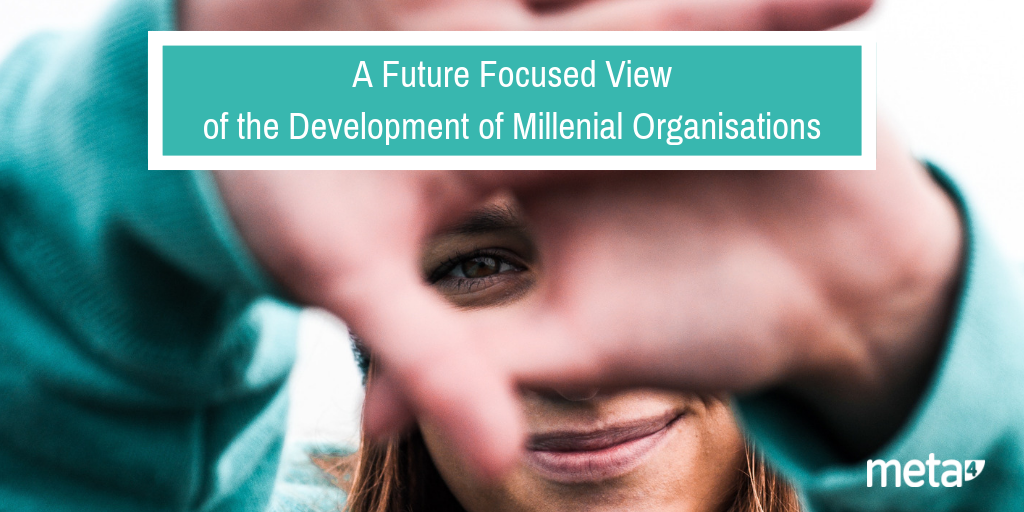In this new digital age, there is constant discussion on Talent Management contributions, capabilities and strategies for organisations. In this particular case, we are going to further explore the input that millennials bring to this new scenario for work.
We should start with how different collaborators ought to interact inside an organisation, especially millennials who are given priority in companies due to their contributions and recognition in the labour market.
One of the main characteristics of this population has to do with creativity. Millennials value the opportunities they are given to create, innovate and develop new ideas. They have built in a chip inside themselves where they can develop new skills, visualize new ways of doing things and find new opportunities at personal and organisational levels from a disruptive outlook.
They have also taught us to balance life and work. They are very clear that if they perform outstandingly at work, they must have a balanced social life, sharing with their friends and family. They too must seek their purpose and, something they find challenging, seek to travel the world. That is why people, teams, leaders and companies have embraced whole-heartedly that it is possible to have results and to take on new challenges without sacrificing their personal lives and their free time for their interests. This vital well-being makes organisations view their employees in a different light with specific individual models in line with the collaborator’s needs and generating a better level of engagement.
However, it is important to understand what is it that millennials exactly look for in their workplace; a study conducted by Brandon Rigoni and Amy Adkins, (2016), in the Harvard Business Review on “What Millennials Want from a New Job” states that for all employees, the opportunities to learn and grow and the quality of an excellent leader are the key attributes on the list, but such situations are often more relevant to millennials. They fundamentally think that the work and development opportunities in a company will give them the drive and energy to grow professionally, yet they also want to feel engaged in their role and to work for a leader who will invest in their development. They need to feel sure that an organisation will help them learn, grow and develop to progress in their careers.
Today we have observed how organisations have taken on the task of involving several generations to achieve their objectives and improve their productivity in increasingly competitive and disruptive markets. However, companies must go a step further for new millennial leaders to become truly engaged, it’s not enough to offer spaces of creativity and innovation, a career plan for their growth and development, or the long-awaited flexible working hours, home office, etc.
According to Tracy Benson, (2016) in her Harvard Business Review article, “Motivating Millennials Takes More than Flexible Work Policies”, there are five identifiable ways in which leaders can adapt their management and communication styles to accommodate and develop millennial organisations:
- Create a compelling vision that the company, leaders or teams are contributing to society. A meaningful a purpose is part of the reason why millennials choose to work in a company, participate in volunteer activities, sustainability and climate change, etc.
- Train managers and leaders to communicate openly, effectively and frequently. This generation has brought inside organisations a culture of assertive communication and constant feedback.
- Adoption of technology in the workplace. The technologies that have empowered their personal lives are driving communication and innovation at work; they have taught us to use social networks for the purposes of productivity and employer branding in our companies.
- Build an environment that encourages collaborators to research and develop their ideas. They have injected us with an entrepreneurial and collaborative spirit, learning-focused cultures, experimentation and innovation.
- Less hierarchical organisational structures. The millennial generation wants and works from a collaborative angle, through mutual interests, with less managerial levels, from project to project delivering agile and immediate results, allowing them to solve major problems in companies.
Organisations and their leaders are already experiencing these changes. They will be ones, with their determination and openness to new forms of work between generations, who will be more profitable and successful.






